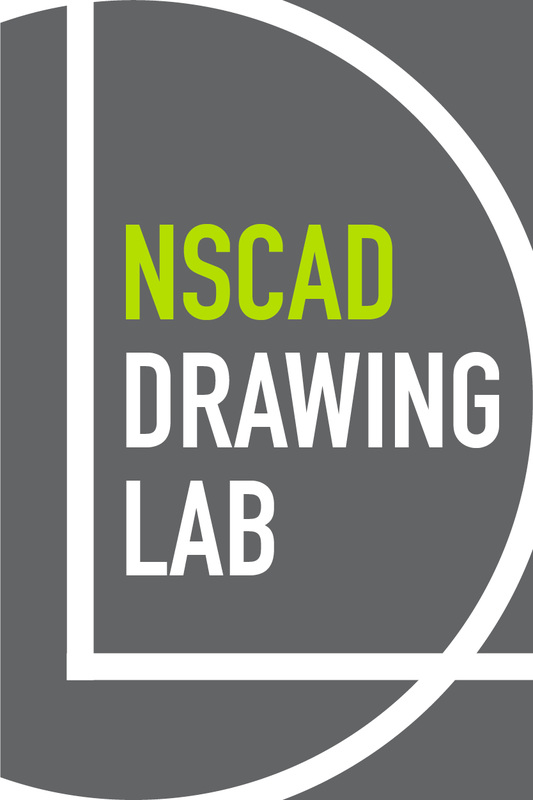Studies |
"When you run into something interesting, drop everything else and study it."
– B. F. Skinner |
Art, Design & Communication in Higher Education EditorialEditorial Reflexive practices in art and design edcation The article, entitled ‘To erase or not to erase, that is not the question: Drawing from observation in an analogue or digital environment’ authored by John Christie, Mathew Reichertz, Bryan Maycock and Raymond Klein from Dalhousie University and Nova Scotia College of Art and Design reminds us that the eraser in drawing does more than simply erase. The marks made by erasures can have ‘particular aesthetic elements’ and can leave a story of an artwork’s journey hinted at on the canvas. In an educational context, these traces of process can be used as a basis for dialogue and critique. In the digi- tal environment, no such story of the work is retained and the ‘erase func- tion can eradicate a drawing’s history with a single click’. The authors explore erasure behaviours across digital and non-digital drawing practices to inves- tigate what they refer to as students’ approaches to ‘observational accuracy’. The authors note that erasure was more common in drawing practices within a digital platform; however, there was no difference in the quality of the draw- ing outcomes across both modes. This suggests that students adapt to each drawing environment without any detriment to creative output. This finding is of particular interest given the pivot online necessitated by the pandemic and the move to online learning across many art and design education contexts. This study underlines that students deploy a range of digital and non-digital tools to draw and that there is no need for concern that the online drawing might be in some way inferior to traditional methods. As the authors point out ‘People appear to adapt quickly to a new medium and take advantage of the available features to produce a drawing that meets their goals’. Susan Orr. art, design & communication in higher Education Volume 19 Number 2 © 2020 Intellect Ltd Editorial. English language. https://doi.org/10.1386/adch_00018_2 |

